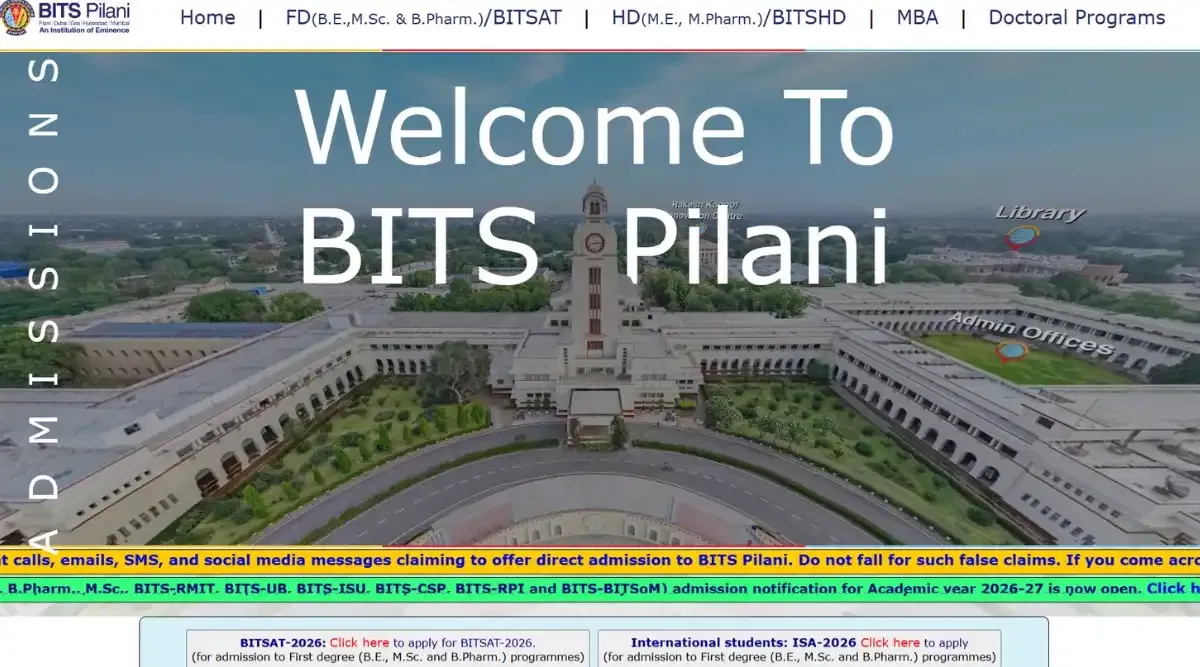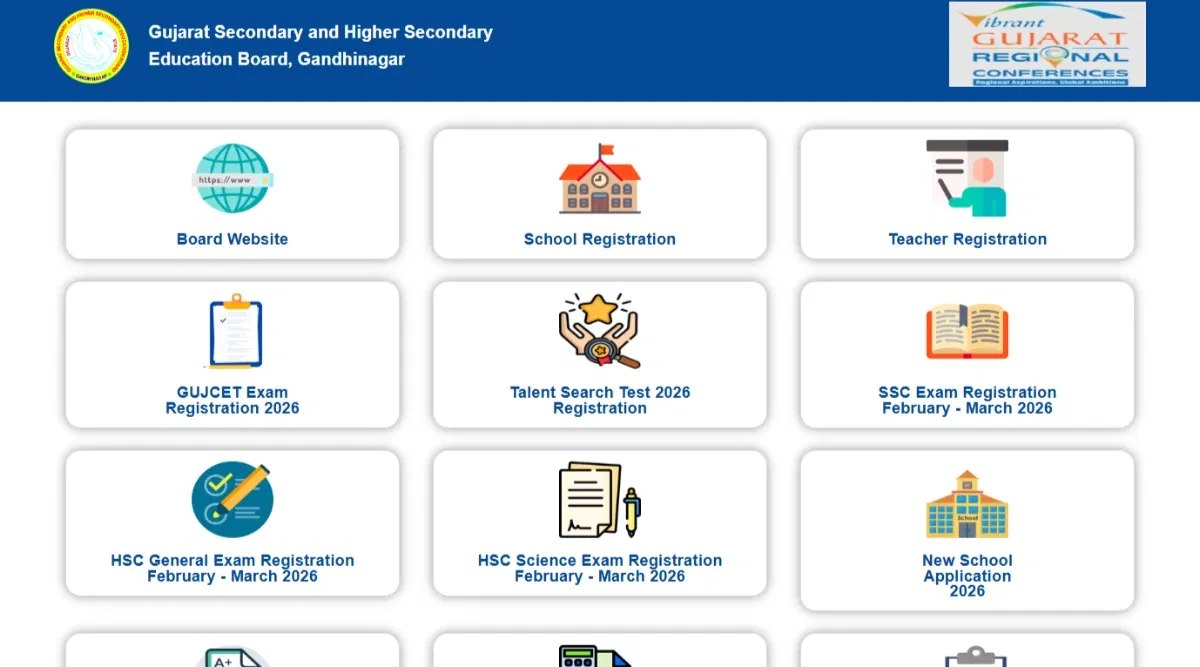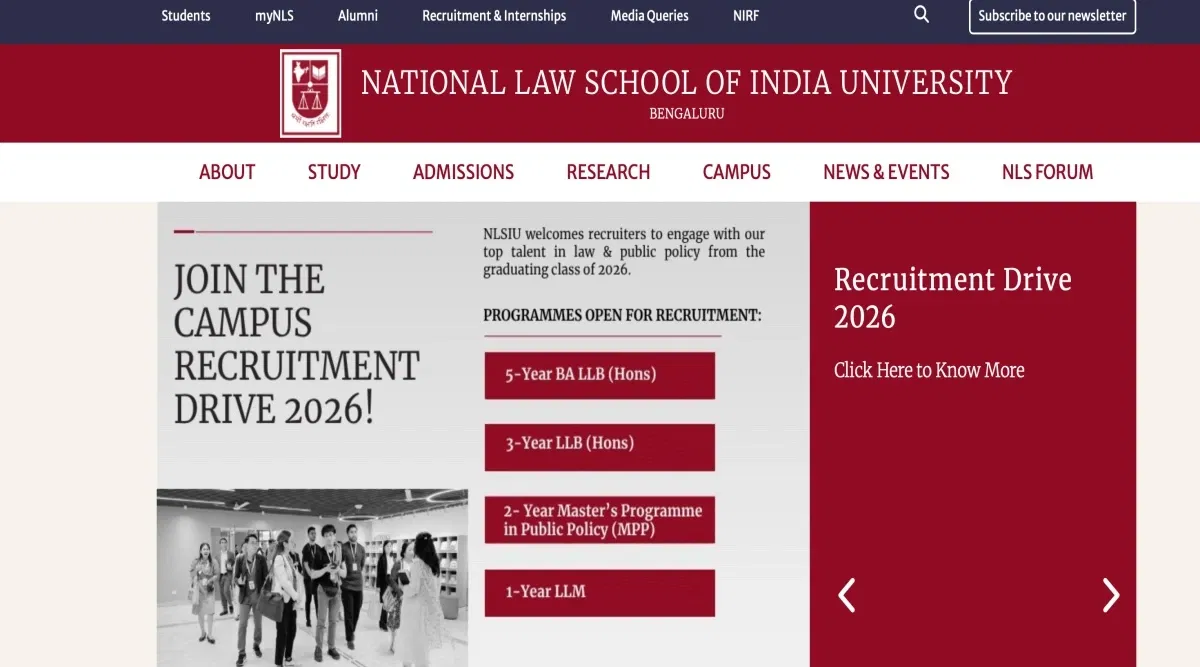Australia is renowned for not just its robust education system, but the wide range of employment opportunities that pay really well. Students should definitely consider pursuing a career after graduating from an Australian university.
Australia is a one-stop destination for many people around the world due to a variety of reasons such as its hospitable weather, cuisine (both local and international), entertainment and nightlife, wildlife, safety, education and job opportunities. In terms of the best career options in Australia, the country is also becoming the top careers destination for people from all over the world.
Table of Contents:
- Career Options in Australia
- Eligibility Criteria for Working International Students in Australia
- Important Points for International Students Working in Australia
- Salaries after Masters in Australia
- How to find Jobs in Australia?
- Top Programs in Australia for Career-Advancement
Career Options in Australia
Students should choose a career option that matches their skills and interests. Having said that, they should also understand the demand for the particular career option in the economy. Given below is the list of the best career options in Australia:
- IT Systems Architect
- Engineering Manager
- IT Manager
- IT Security Architect
- Analytics Manager
- Cloud Engineer
- Construction Manager
- Wellbeing Manager
- Physician
- Data Scientist
IT Systems Architect
The main responsibilities of an IT systems architect are to design, build and test the IT infrastructures of companies having an internal network. These projects are highly sensitive and demanding, and IT systems architects need to have high levels of knowledge and experience.
IT systems architects are expected to have high amounts of technical expertise, which is why the role is very prestigious and well paid. IT systems architects must be experts in their relevant field, possess a strong academic background, relevant industry experience and industry-relevant qualifications. The average salary of an IT Systems Architect is AUD 139,690.
Engineering Manager
Engineering managers are hired across a spectrum of industries such as oil, gas and energy, chemical engineering and mining engineering, to name a few. These are heavy industries, and engineering managers in Australia can expect to get paid quite handsomely.
Engineering managers need an engineering degree in their relevant field; however, they need to maximize their qualification with a professional management degree in order to become engineering managers. Some engineering managers build up a management portfolio and supervisory qualifications, while others gain business and economics qualifications, thereby taking up executive or government roles such as policymakers or subject-matter experts. The average salary of an Engineering Manager is AUD 132,350.
IT Manager
We live in an era of tech firms in an information-rich, digital economy. With technology continuously evolving, enabling businesses to expand their operations online, there is a vast demand for IT professionals who can integrate their technical expertise into business operations. IT managers analyze the needs of the organization and use their technical expertise to come up with solutions to problems.
To become an IT manager, one needs a background in IT and computer science. However, individuals also need a strong understanding of how businesses operate. Hence a background in IT and computer science coupled with a professional background in management is perfect for the role of an IT manager. The average salary of an IT Manager is AUD 125,660.
IT Security Architect
IT security architects have the responsibility of securing and protecting all the company’s data and infrastructure from malicious third parties. We live in an information-rich, digital economy, where large amounts of company data is stored in cloud servers. This makes company data vulnerable to hacks and thefts. For this reason, every company needs an IT security architect, and the demand for the same is what makes it a very well-paying job. IT security architects need to have a background in IT or computer science, along with a strong understanding of how cyber-criminals work. Since the title is relatively new, IT security architects need to continuously upgrade their knowledge and skill and acquire industry-recognized certificates to bag the role. The average salary of an IT Security Architect is AUD 124,190.
Analytics Manager
Analytics managers are responsible for managing the huge amounts of data being generated by entire teams of data analysts and scientists. The ability to manipulate and manage data is a highly sought after skill in Australian companies, and data analytics managers are in heavy demand.
Analytics managers must have ample experience and knowledge in the domain of data science; hence, most analytics managers start out as data scientists and analysts and combine their expertise with relevant managerial skills to become analytics managers. The average salary of an Analytics Manager is AUD 118,820
Cloud Engineer
The role of a cloud engineer is quickly becoming one of the most demanded jobs in the IT industry. Cloud engineers are responsible for building, maintaining and developing technologies enabled by cloud computing, such as commercial applications, data storage and the Internet of Things.
Employers look for individuals with a strong academic background in IT or a computer field, with a specialization in the field relevant to the position that they are seeking. The average salary of a Cloud Engineer is AUD 111,590.
Construction Manager
A construction manager is responsible for supervising the on-site contractors and working closely with construction professionals and other stakeholders. Construction managers are tasked with balancing several moving parts in an extremely volatile industry.
Employers look for individuals with a relevant degree, usually a background in civil engineering, construction management or any related field when hiring construction managers. Many construction managers, however, start working on-site before working their way up to the position. The average salary of a Construction Manager is AUD 111,390.
Wellbeing Manager
With more large-scale organizations and corporate enterprises focusing on the mental wellbeing of their employees, the need for “Wellbeing Managers” is increasingly being realized. The post of a wellbeing manager is quite recent in origin, but the need for the same has never been more pronounced. Wellbeing managers are responsible for ensuring the overall wellness and productivity of a company’s employees.
There is no clearly defined path to becoming a wellbeing manager, but a knowledge of the various trends in corporate wellness is a starting point. Wellbeing managers are usually pooled from a company’s Human Resources department. The average salary of a Wellbeing Manager is AUD 110,250.
Physician
Australia has one of the best healthcare systems in the world, even when compared to the USA and the UK. Australia’s “point system” of immigration makes it easy for healthcare professionals to immigrate to the island continent for job opportunities. Australia has some of the best universities offering medical degrees, like the University of Sydney, the University of Melbourne and Monash University, to name a few.
The process of becoming a doctor is pretty well known, which is a long and arduous process; however, the job pays really well in Australia, with salaries starting from AUD 120,000 all the way to AUD 300,000 a year. The average salary of a Physician is AUD 103,400.
Data Scientist
Data scientists are responsible for mining vast amounts of data and converting it into information that organizations can use to improve the experience of their customers and users. In this data-rich society, organizations across every sector are constantly on the lookout for data scientists.
Employers look for individuals with strong programming skills, particularly those with knowledge of Python. Employers also look for a background in STEM subjects, mathematics or computer science. The average salary of a Data Scientist is AUD 99,510.
Eligibility Criteria for Working International Students in Australia
As an international student, you can work while pursuing your studies in Australia, as long as you meet the following criteria:
- Subclass 500 student visa with work permission
- Enrolled in a full-time course at an Australian university
- Supplement the income to cover the costs of study
- If students are required to work as part of the course curriculum
Student visa (Subclass 500)
In Australia, international students can stay during the course of their study program with a student visa. Students must follow all instructions given in their student visas and make sure the validity period is effective. For students who wish to work even after graduation, they must apply for a working visa before the expiration of their student visa.
Eligibility Criteria
- The student must attend a full-time study program in Australia.
- When applying for this visa as a school student, the applicant must be at least 6 years old.
- If the applicant is less than 18 years of age, proof of welfare arrangement is required.
485 Post-study Work Stream Visa
With the new post-study work stream visa, international students will be able to live, study, and work in Australia for four years after completing their studies. In order to obtain a working visa, international students need to submit standardized test scores.
Eligibility Criteria
- Must be under 50 years of age
- Subclass 500 student visa
- CRICOS-registered academic course qualification.
- Proficient in the English language
Important Points for International Students Working in Australia
International students who wish to work in Australia while studying should remember the following:
- While studying, international students may work up to 40 hours every two weeks, and during vacations, they may work for unlimited hours.
- Minimum wages will be paid to students. (AUD 18.23 per hour or AUD 719.20 per 38 hour week).
- Depending on your income, you need to pay taxes while working in Australia. Prior to starting the job, obtain a Tax File Number (TFN) and provide it to the employer.
- An international student must receive a payslip within one day after getting paid.
- Under Australian law, employers must have Workers' Compensation insurance, which covers medical treatment and other costs when their employees are sick and cannot work.
Salaries after Masters in Australia
In comparison to other study abroad destinations, it is easier to stay back in Australia and work after you graduate. Students enrolled in a postgraduate degree are allowed to work up to forty hours per fortnight in their early stages, while students enrolled in their doctoral or masters by research degrees may work unlimited hours.
An applicant who has earned a bachelor's degree is eligible for a two-year work visa. The period gets extended to 3 years for a masters by research degree and 4 years for a PhD graduate.
In the following table, you can see what types of jobs MS graduates can find in Australia, along with average salaries:
|
Job Profiles |
Average Annual Salary (in INR) |
|
Electrical and Computer Engineer |
43.71 lakhs |
|
Business and Management Manager |
36.12 lakhs |
|
Humanities and Social Sciences Professional |
27.82 lakhs |
|
Accounting |
31.42 lakhs |
|
Actuarial Science |
55.48 lakhs |
|
Agricultural Science |
27.42 lakhs |
|
Architecture |
31.48 lakhs |
|
Tourism and Hospitality Management |
46.47 lakhs |
|
Psychology |
42.62 lakhs |
How to find Jobs in Australia?
There are several ways for international students to work part-time or full-time while studying in Australia, including:
- Asking your friends and colleagues
- Online job websites
- Dedicated websites and job notice boards at the university
- Professional recruitment companies
- The alumni groups of the university
- There are online websites where students with prior experience in fields such as writing, designing, etc, can find freelance work.
- A number of charities and non-profit organizations in Australia need volunteers to help with a variety of projects. International students may apply to a variety of such volunteering opportunities.
Top Programs in Australia for Career-Advancement
In Australia, you can find several programs that can enhance your career. Some of these popular programs are listed below:
- Earth sciences
- Biomedical engineering
- Business Management
- Business Administration
- Computer Application
- Computer Science
- IT (Information Technology)
- Core Engineering
- Psychology
- Tourism and Hospitality Management
- Medicine
- Business Analytics























POST YOUR COMMENT